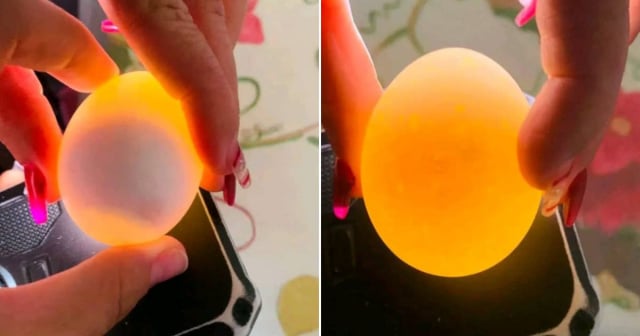The Venezuelan content creator @kerlysbustos used her TikTok account to warn about what she described as a "new scam method in Spain." According to her account, the situation arose after she posted an ad to sell her car. "I received a call from someone who was really interested. They told me they worked for Flexicar, which is a vehicle buying and selling company here in Spain. They said they would make a deposit via Bizum for the car's down payment and that on Friday, when I handed over the car, I would receive the rest of the money."
Although everything seemed like a legitimate transaction, Kerlys began to suspect when she noticed she wasn't receiving any funds: "He tells me that the money is on hold and that I need to confirm it through the Bizum app, but I hadn't received anything. I had just watched videos warning about this type of scam, which is why I didn't fall for it." During the call, which she recorded and posted on her account, the scammer insisted that she confirm the transaction: "He tells me to check pending transactions and accept it, but I knew that was just a way to get my money."
The case of Kerlys quickly generated reactions and testimonies from other users who have experienced similar situations. One user commented, "I often make and receive Bizum payments, but the recipient never has to confirm anything." Another added, "Companies don't use Bizum." A follower recounted, "The same thing happened to me, but with the rental of an apartment... They wanted to pay me without seeing it and kept insisting on using Bizum."
Some also pointed out striking details about the fraud. One user stated, "PC Componentes is a company that sells computers, it has nothing to do with cars." Another mentioned, "They called me about the sale of a motorcycle." Meanwhile, another wrote, "I don't understand how that scam works, what is supposed to be accepted and how is the theft carried out?"
Many thanked @kerlysbustos for sharing her experience. "Thank you for posting your video, it helps so many of us," expressed one user. "Well done for filming it and telling him," commented another. One more follower shared, "The same thing happened to me, but it didn't go well for me."
Even though the young Latina states that she doesn't usually share this type of content, she felt it was important to raise awareness among others. "I don't make a habit of posting these kinds of videos, but this just happened to me, and I had just seen these videos here warning about it. I thought, I need to share this."
This case, known as "reverse Bizum," serves as a reminder not to confirm transactions in banking applications without being certain of their source.
In light of the proliferation of scams like these, the National Police in Spain recently alerted citizens through their channels, explaining what they are and how to avoid falling victim to them.
Frequently Asked Questions about "Reverse Bizum" and Other Common Scams
What is "reverse Bizum" and how does this scam work?
"Reverse Bizum" is a type of scam in which the perpetrator pretends to be interested in buying a product and promises to make a payment via Bizum. However, instead of receiving money, the victim is tricked into confirming a supposed transfer that actually withdraws money from their account.
How can I protect myself from scams similar to "reverse Bizum"?
To protect yourself from this type of scam, it's important not to confirm transactions without verifying their legitimacy. Always check the receipt of funds before taking any action and be wary of individuals who insist that you accept or confirm transactions.
What other common scams have been reported recently?
In addition to the "reverse Bizum," there have been reports of scams through WhatsApp, where scammers impersonate a family member asking for money. There are also scams involving QR codes aimed at obtaining personal information, as well as fraud related to false messages about transfers in Cuba.
What measures do the authorities recommend to avoid falling for these scams?
Authorities recommend staying vigilant and avoiding the sharing of verification codes or personal information through messages or social media. Always verify the identity of individuals requesting money and do not make transfers without confirming the authenticity of the message.
What to do if you suspect you have been the victim of this type of scam?
If you suspect that you have been a victim of fraud, it is important to act quickly: contact your bank to block the transaction, report it to local authorities, and notify the payment platform or social network where it occurred.
Filed under:
